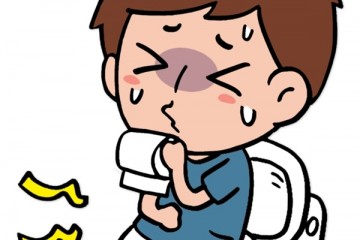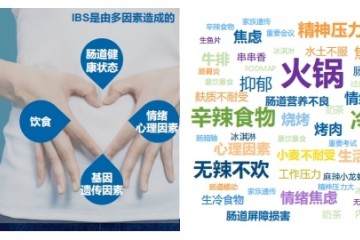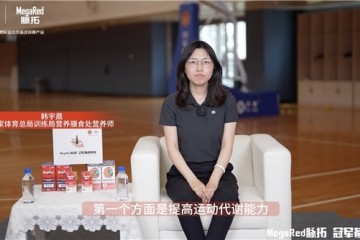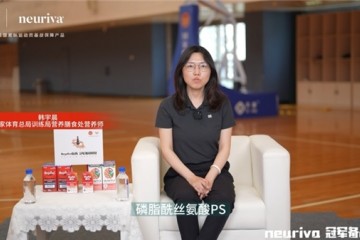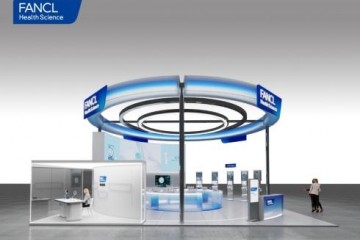
▎药明康德/报导
在今日于旧金山盛大举行的第八届药明康德全球论坛上,药明康德和药明生物董事长李革博士充溢情感的开幕致辞,让在座宾客无不为之动容。在李革博士心中,咱们要怎样为全球病患带来新的打破?让咱们先睹为快。
各位宾客,下午好,欢迎来到药明康德全球论坛。咱们新年快乐,也欢迎来到新的十年。请答应我用“为患者做对的事”作为开场。这句话咱们说了很多遍,说得很频频,但终究什么才是“对的事”?
让我说一个实在的故事。上一年8月,我和一位很好的朋友有过一段对话。他现已70岁了,是一位年长的智者,非职业人士,赋有成果,身体也十分健康。
咱们的对话关于医药立异、药价、以及医药健康工业的本钱。在对话的最终,他问我一个问题。他说:“你们为什么还要持续立异,带来立异的药物?”
“美国的预期寿数现已快挨近80岁了。我本年70岁,还很健康,”他说道:“假设没有什么意外,在现有的医疗健康体系下,在现有的药物下,我就能活到80岁。所以你们这个工业为什么还要花很高的本钱,每年投入500亿-1000亿美元研制新药?”
我一时无语,然后反诘他说:“假如你是一名患者,一名癌症患者,是否会有不同的主意?” 曩昔16年来,作为一名癌症患者的家族,我深知患者及其家庭在面临疾病上的不易。对癌症患者来说,他们想要活得更久,活得像他们的家人,像他们所爱的人那样久。
所以我答复他,事实上,整个工业正在协助全球病患,让他们有和健康人相同的预期寿数。他缄默沉静了几分钟,认可了我的答复。
这是一个发生在我身上的实在故事。但关于患者而言,终究什么才是“对的事”?风趣的是,不同的人或许有不同的考虑。政府或许会说药价过高,工业或许认为仍旧需求数十亿美元来开发一款新药,稳妥支付方在考虑更“聪明”的稳妥计划,而监管部门则在极力让更多药物获批上市。可是患者呢?患者考虑的是,假如一款药物能救我的命,我乐意花任何价值。
所以很明显,所在的方位不同,考虑的视点也不同,有时这些定论之间还有抵触。但有一件事,咱们都想到一块去了,那就是久远来看,在技术立异的协助下,工业要持续下降新药发现和开发的本钱,要持续下降医疗健康的本钱。这样才可认为全球病患带来更多打破,真正为他们谋福。
咱们已来到了2020年,这是新的十年的初步。在这个十年里,咱们能否只用今日一半的本钱,就能每年同意超越100款新药,咱们拭目而待。这需求这个工业全体同仁们的尽力。
咱们都想为患者做对的事。对此我充溢希望,充溢信心。
谢谢咱们!
Do the Right Thing for Patients | Dr. Ge Li’s Opening Remarks
Dr. Ge Li, Chairman of WuXi AppTec and WuXi Biologics, gave touching opening remarks during the 2020 WuXi Global Forum. Below you will find the transcription.
Good afternoon, everyone. Thank you for coming. Happy New Year and happy a new decade as well.
Let me start by saying, “Do the Right Thing for Patients”. This is a statement, and also a topic we have been talking frequently about. What are the right things? Let me tell you a real story. Last August, I had a conversation with one of my very good friends, who turned 70. He is not in our industry, and he is a very wise, accomplished individual. He is also very healthy.
The conversation was around the innovation of drugs, drug pricing, and the costs of healthcare systems. Towards the end of the conversation, he asked me a question. He said, "You know, Ge, what are you guys doing? Why do you need to continue innovating drugs?"
So his argument is, hey, look, the life expectancy of U.S. is approaching 80 years old. “I am 70 and I am healthy. If I'm not terribly unlucky, I'm going to live up to 80 years old, the life expectancy with the existing healthcare system and the available drugs, so why do you need to continue to invent new drugs, since it's very costly? We're talking about investment of $50 to $100 billion dollars a year in your industry."
I was shocked by his view and was speechless for a couple of minutes.Then I asked him, "If you were a patient, a cancer patient, would you be thinking differently?" As a cancer patient family member for 16 years, I know how tough it is for a patient to go through cancer. I also know how tough it is for cancer patient family members. For cancer patients, they want to live longer. They want to live as long as their loved ones. They want to live as long as their family members.
So my answer to him: “The industry is helping patients to live up to the life expectancy of healthy individuals.” He was quiet for a couple of minutes. Then he said, "Okay, I accept."
This is a real story. But still, what are the right things for patients?The government is saying the drug prices are too high. The industry is talking about how it could still cost billions of dollars to develop a novel drug. The insurance companies are trying to develop smart insurance plans. The regulatory agencies are trying their best to approve as many drugs as possible. Meanwhile, the patients are saying “I'm willing to pay anything if a drug can save my life”.
So clearly, different stakeholders have different perspectives, and somewhat they conflict with one another. But one thing we believe all of them have in common, and will hold true for a long time, is the commitment to lowering the cost of drug discovery and development, and to lowering the cost of patient care with the help of new technology and innovation, including newer business models.
Now, we're in 2020, the start of a new decade. As an industry, will we be able toachieve 100 annual FDA approvals within this decade at half of today's cost? It remains to be seen. It requires effort from every one of us, everyone from the industry. I am hopeful. And I'm also confident that we all want to do the right thing for patients.
Thank you!



